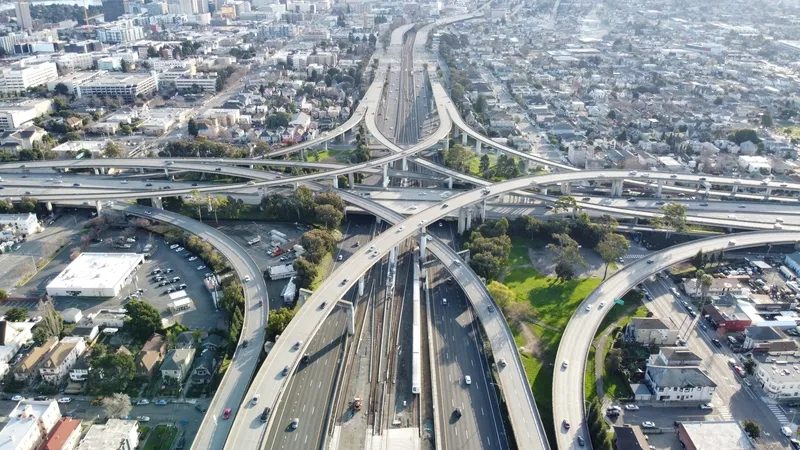The Swiss National Council has approved a motion by Ulrich Giezendanner regarding the misuse of speed cameras. Giezendanner is convinced that the cameras are used to rip off motorists and he believes that they do not actually increase road safety on the majority of the country’s roads. If the Swiss Council of States votes for the motion as well, the Swiss Federation will only be allowed to approve radar speed cameras on Swiss national roads in areas that are prone to accidents. It is estimated that this wou
June 15, 2012
Read time: 1 min
The Swiss National Council has approved a motion by Ulrich Giezendanner regarding the misuse of speed cameras. Giezendanner is convinced that the cameras are used to rip off motorists and he believes that they do not actually increase road safety on the majority of the country’s roads.
If the Swiss Council of States votes for the motion as well, the Swiss Federation will only be allowed to approve radar speed cameras on Swiss national roads in areas that are prone to accidents. It is estimated that this would mean a reduction of speed cameras on Swiss public main roads and motorways by some 50 per cent. Critics of the motion, such as the road victim foundation Road-Cross, say they are worried that this will increase the number of accidents again.
If the Swiss Council of States votes for the motion as well, the Swiss Federation will only be allowed to approve radar speed cameras on Swiss national roads in areas that are prone to accidents. It is estimated that this would mean a reduction of speed cameras on Swiss public main roads and motorways by some 50 per cent. Critics of the motion, such as the road victim foundation Road-Cross, say they are worried that this will increase the number of accidents again.









